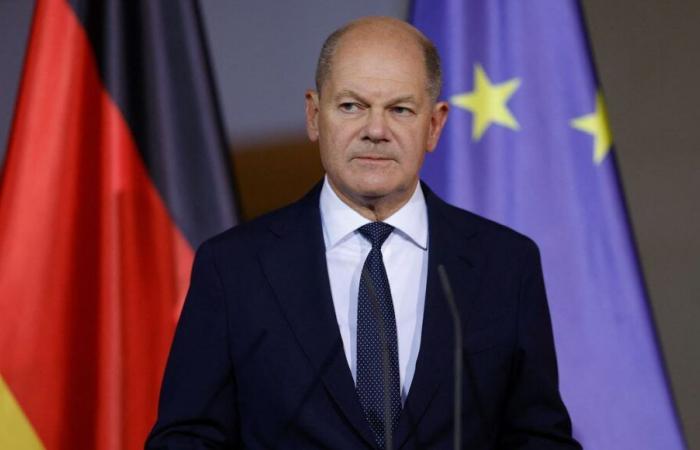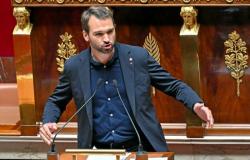Germany entered a period of major political crisis on Wednesday. After months of wrangling over economic policy, the dismissal of Finance Minister Christian Lindner shattered Chancellor Olaf Scholz's fragile coalition government, paving the way for likely early elections in early 2025.
The Conservatives are in a hurry to turn the page. The party leader, Friedrich Merz, wants to speed up the process with a vote of confidence next week, without waiting for January, followed by early elections. He appears to be the big favorite to be the next chancellor: his party, the CDU, is well ahead in the polls, credited with around 35% of voting intentions. Or twice as many as Olaf Scholz's Social Democratic Party (SPD).
For the Chancellor, the next few weeks promise to be complicated. He found himself without a majority, deprived of the support of the 91 deputies of the liberal FDP party. To pass texts, Olaf Scholz will be forced to look for partners on a case-by-case basis. Except that the conservatives and the far right have ruled out supporting the chancellor.
At the worst time
As German Vice-Chancellor Robert Habeck said, the breakup of the government coalition comes at the worst time: to face Donald Trump's America, the country would need a strong, united executive. Quite the opposite is happening. Germany is worried about an increase in customs duties that the United States, the largest trading partner ahead of China, could impose.
According to economic institutes, a trade war could cost Germany 180 billion euros, and ultimately one and a half points of growth. Another subject of concern: Ukraine. Germany is kyiv's second most important supporter behind the United States but could well become the first if Donald Trump cuts or reduces American aid. This is precisely what Berlin fears: having to spend more on Ukraine when the government is already having all the difficulty in the world to complete its 2025 budget.






